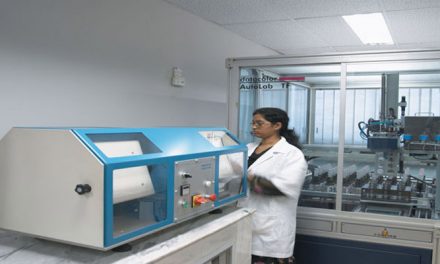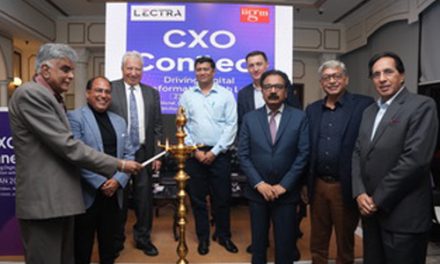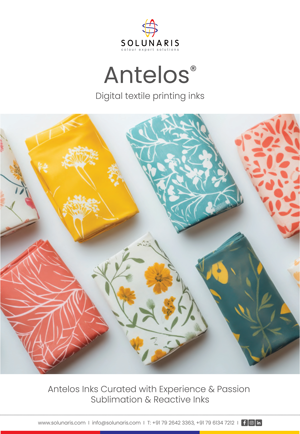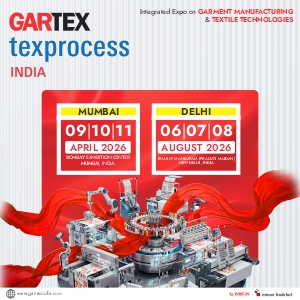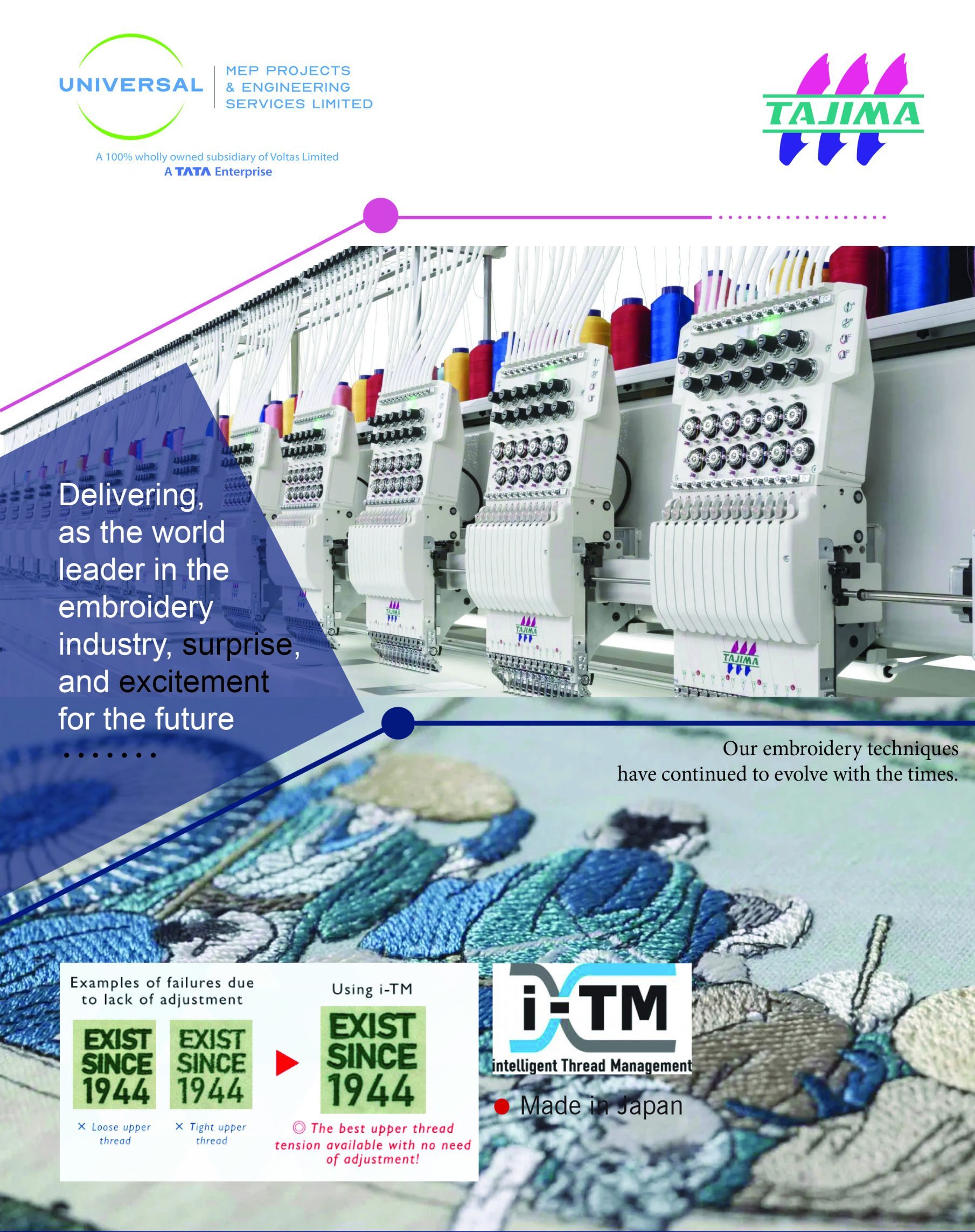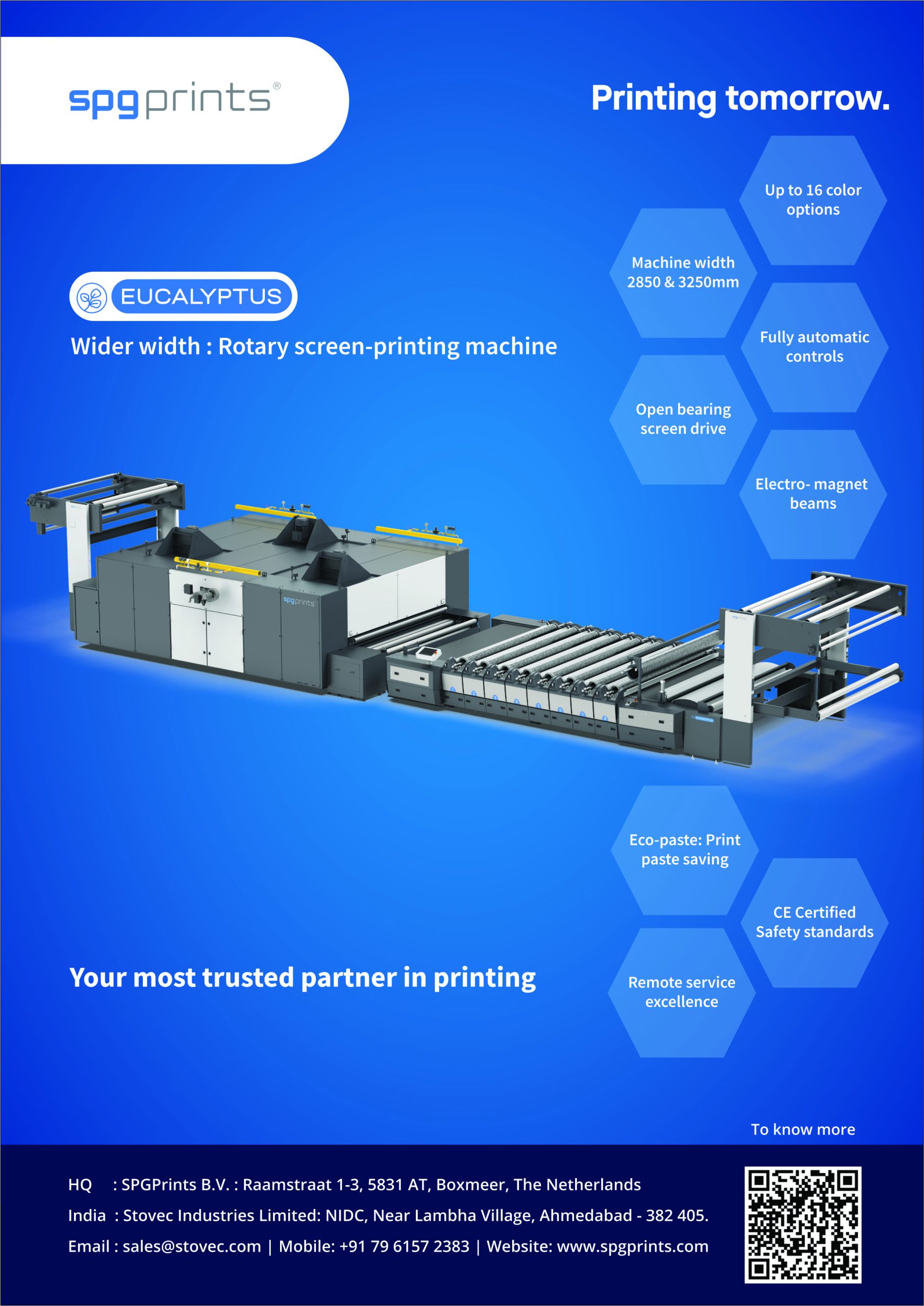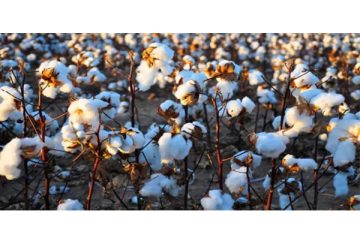 SGS, the world’s leading testing, inspection and certification company, is urging garment manufacturers to adopt a proactive approach to safety, quality and sustainability to ensure success in an expanding senior apparel market.
SGS, the world’s leading testing, inspection and certification company, is urging garment manufacturers to adopt a proactive approach to safety, quality and sustainability to ensure success in an expanding senior apparel market.
With the number of people aged 60 and over projected to reach 1.4 billion by 2030, the senior apparel segment is emerging as a major growth opportunity. Valued at USD 11.8 billion in 2023, the market is expected to expand almost fourfold by 2032. Seniors today are looking beyond traditional, utilitarian clothing, favoring garments that support active lifestyles, reflect personal style and uphold comfort and dignity.
SGS is seeing how textile innovation is driving this transformation. Functional and adaptive designs now incorporate ergonomic fasteners, thermo-regulating fabrics and antibacterial finishes, enabling mobility, safety and confidence. Beyond physical comfort, psychological well-being plays a key role, with stylish and age-appropriate designs contributing to self-esteem and independence.
Sustainability continues to shape purchasing decisions. SGS highlights the shift toward recycled and biodegradable fibers, ethical sourcing and circular fashion models, as older consumers increasingly value environmental and social responsibility. As this demographic becomes more digitally connected, with over 70% of US seniors shopping online, opportunities are growing for apparel brands to pair accessible e-commerce platforms with inclusive, innovative designs.
SGS understands the unique needs of senior consumers and the challenges of designing garments for the elderly. Its multifaceted solutions support every stage of development, from material selection and design optimization to performance testing and sustainability integration.
Key approaches include:
• Material quality compliance analysis: assess the safety and durability of fabrics through testing for restricted chemicals, skin irritation, fabric strength and colorfastness, ensuring materials are suitable and safe
• Sensory comfort assessment: engage elderly individuals in the evaluation process to gain insights into fit, comfort and ease of use. Combined with tactile property testing, this helps manufacturers make adjustments that ensure garments meet both functional and sensory needs
• Advanced functional verification:
E-Shower (waterproofing): simulates rainfall to assess water resistance using the SGS
Edward Performance Index®, ensuring reliability for outdoor wear across varying intensities
• Breathability: measures heat and moisture transfer by mimicking skin conditions (35°C with controlled humidity), ensuring garments keep wearers cool and dry
• Thermal resistance: evaluate the thermal insulation of clothing in real-world scenarios using the skin model hot plate method for fabrics and the thermal manikin method for finished garments, ensuring effective insulation without overheating
With advanced testing solutions, SGS helps ensure garments are safe, comfortable, reliable and functional. Through rigorous evaluation of materials, fit and usability, it delivers actionable insights that enable manufacturers to create apparel tailored to the specific needs of seniors.




